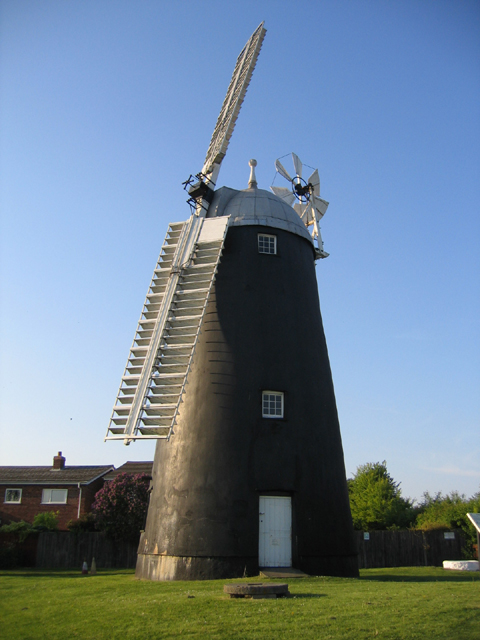This evening I went up to our new, well being newly renovated, bungalow on top of our local "hill" immediately next to the
Burwell windmill.
Currently the roof is being re-tiled and there was scaffolding everywhere, so I took the opportunity to climb up a ladder to the roof level to judge the VHF/UHF take-off.
Well, the good news is that even at just above the gutter level there is an excellent virtually unbroken (clear of houses) take-off from the north west all the way around to the south. With an antenna a few metres above the roof apex height, it should have a pretty good take-off in most directions. It just begs me to get some better gear for the 2m, 70cm and possibly 23cm and 3cm bands. We'll see.
I was also checking out optical communications possibilities. At lower heights, the horizon view is obstructed, but I should be able to arrange my optical beacon for cloud-bounce and clear air forward scatter, non line-of-sight, tests with the beacon firing up at around 20 degrees up from horizontal in many directions out towards Cambridge and beyond.





.JPG)




